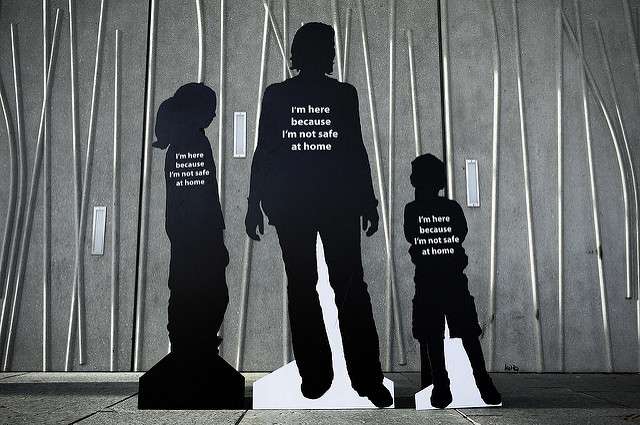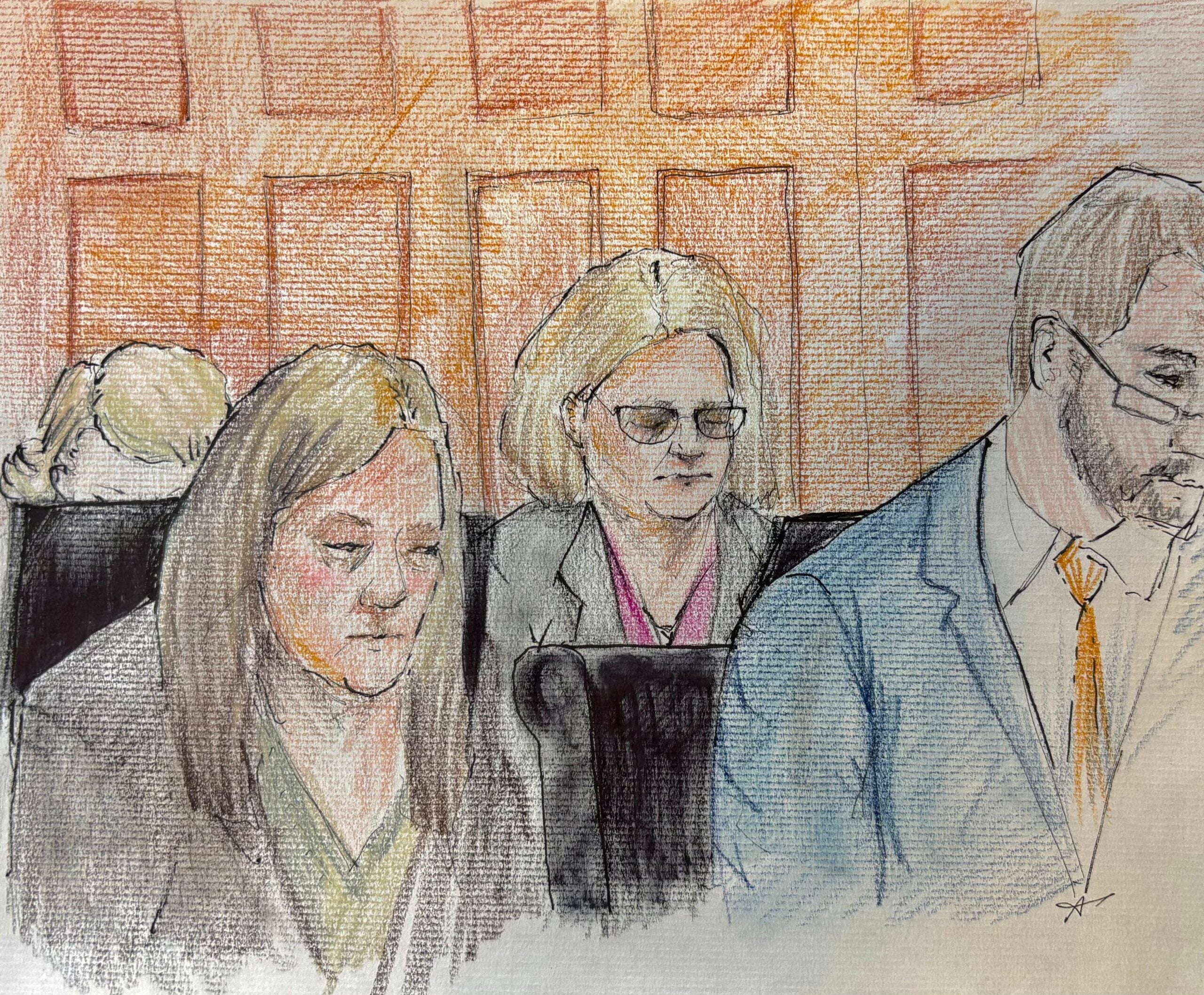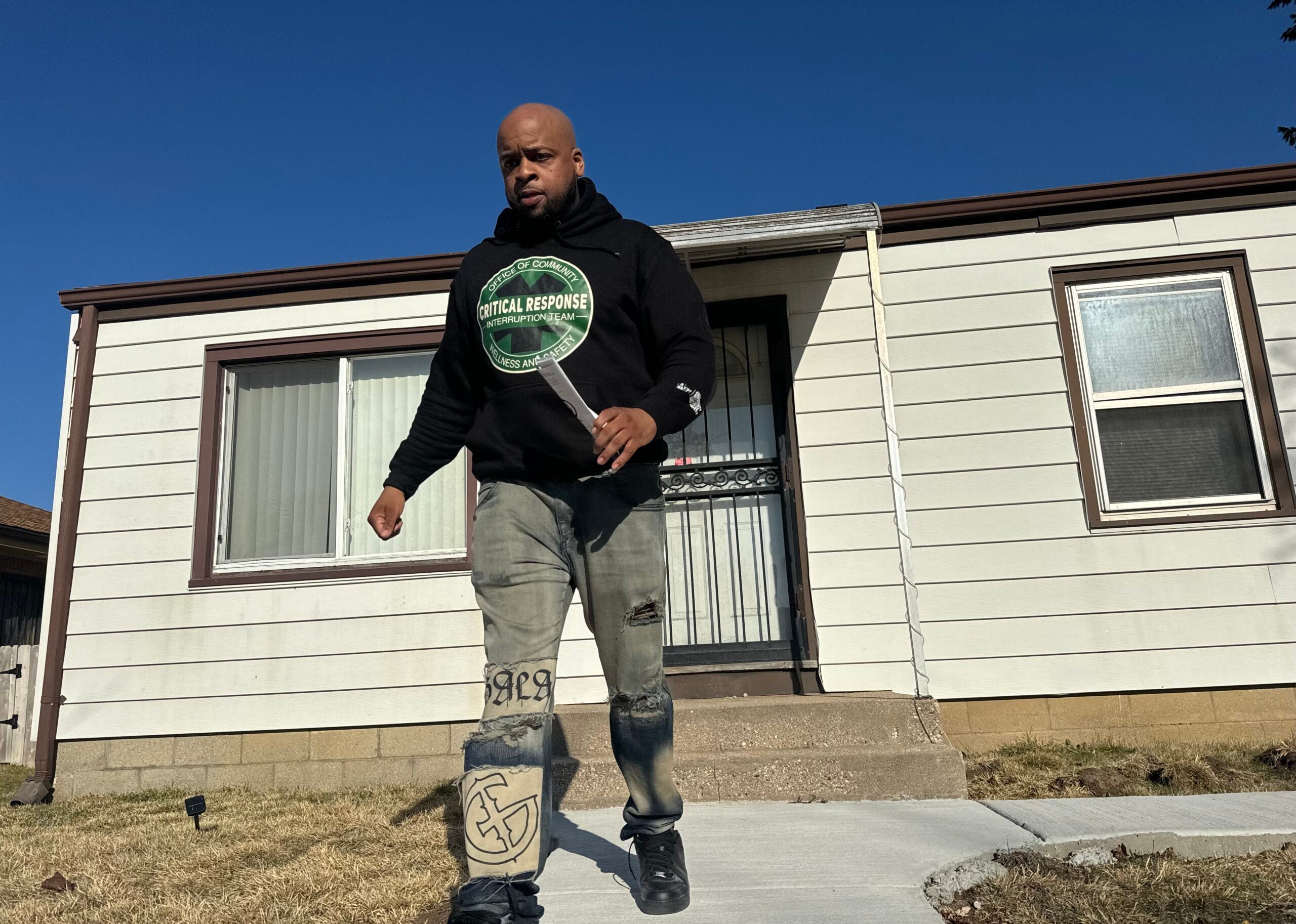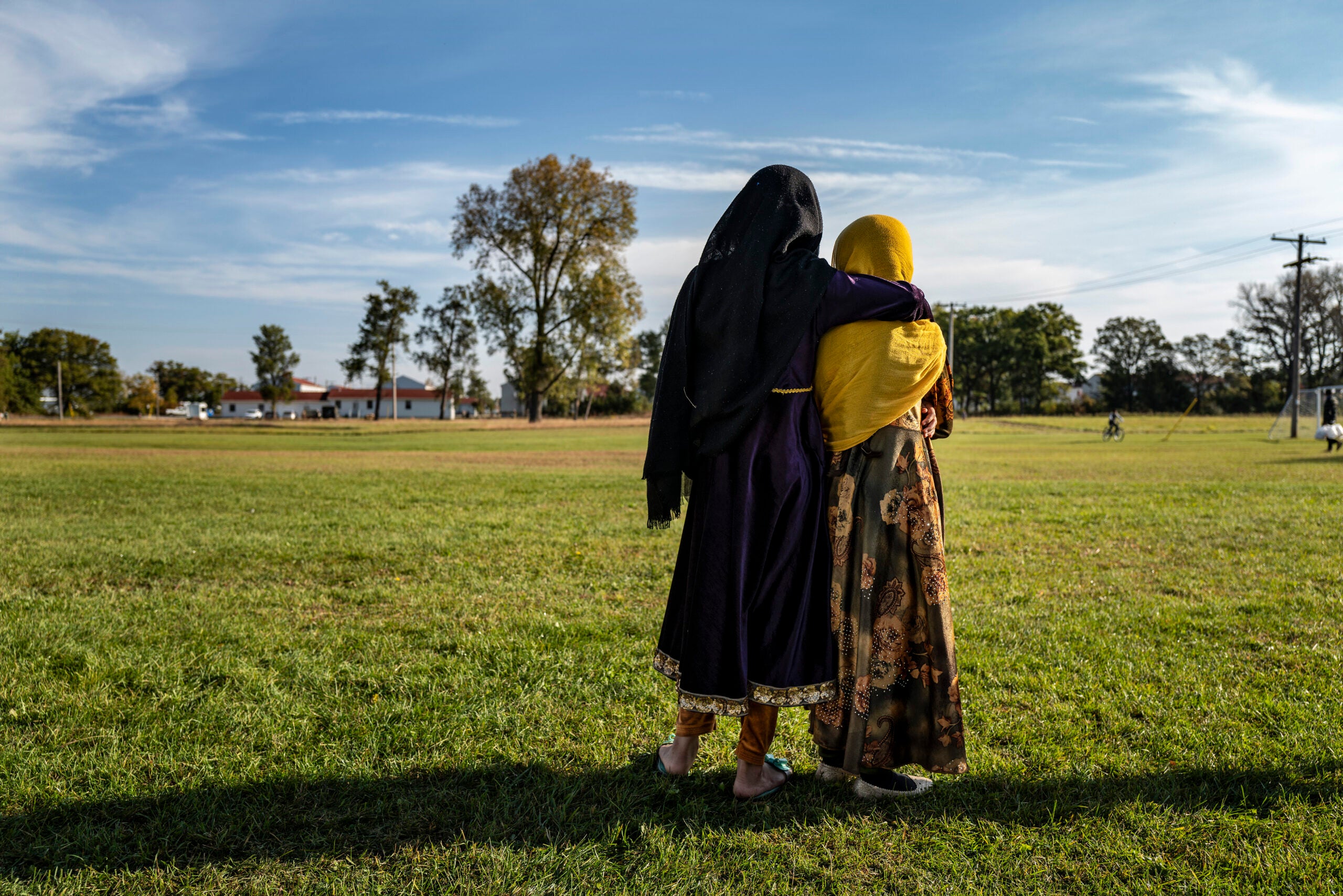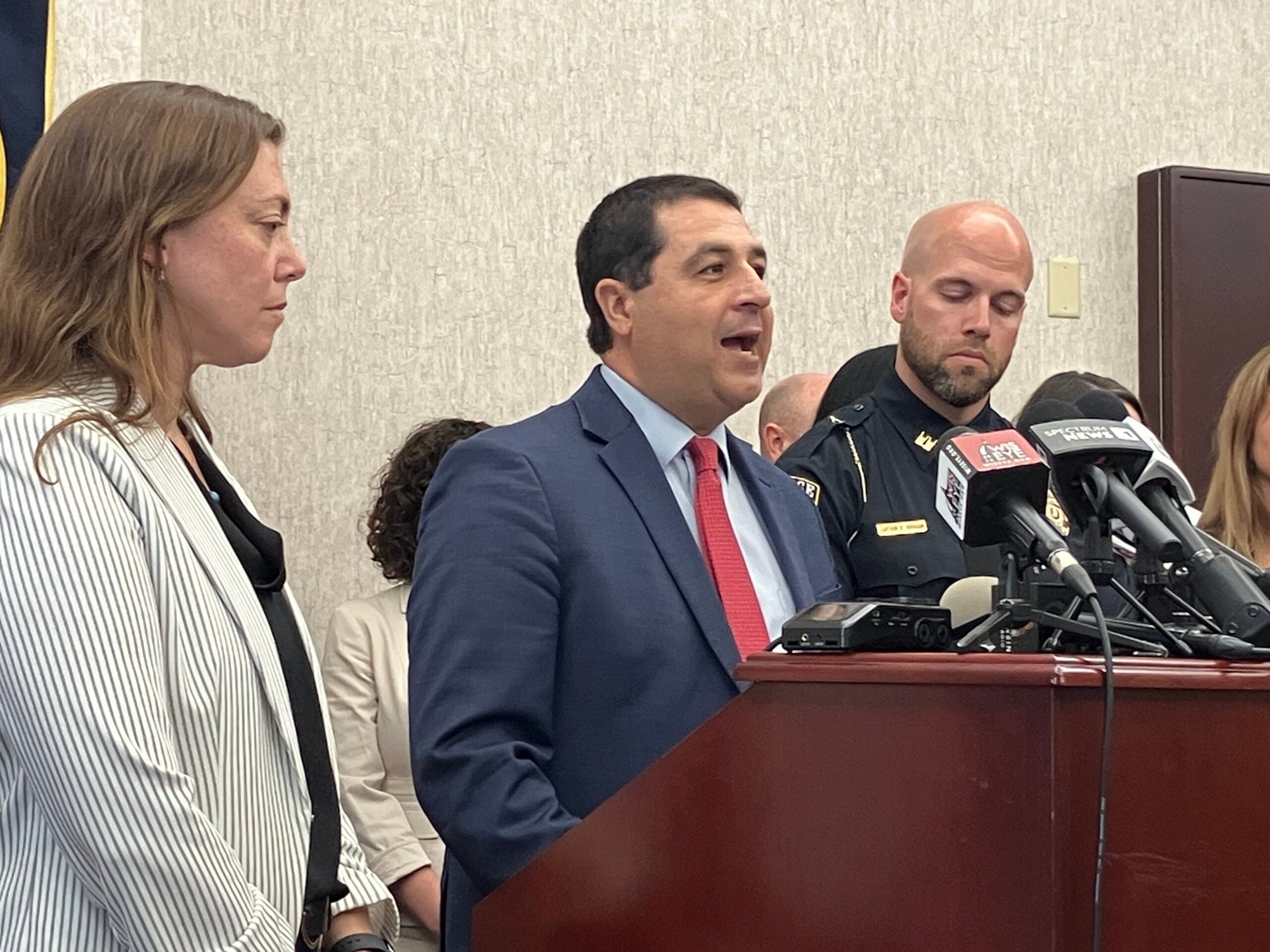Nearly a month ago, Gov. Tony Evers issued a safer-at-home order to stem the spread of the COVID-19 pandemic.
The order, which requires people to only leave home for essential needs, has been crucial to flattening the curve. But not everyone is safer at home, and concerns about increasing domestic abuse are high.
Carmen Pitre, director of Sojourner Family Peace Center in Milwaukee, is worried.
News with a little more humanity
WPR’s “Wisconsin Today” newsletter keeps you connected to the state you love without feeling overwhelmed. No paywall. No agenda. No corporate filter.
Since the order started about a month ago, they’ve seen an increase in calls from police and referrals, as well as growing anxiety from people in abusive situations and those who have left domestic violence situations.
“Some of our clients are choosing to stay because they see no path forward out of the violence for themselves, they’re seeking, like all of us, comfort of the familiar,” she said.
“Definitely violence continues to be happening at a high rate and our fear is that it will continue to escalate,” she continued.
Barb Fischer, executive director of Advocates of Ozaukee, said their organization has seen similar increases. They’ve been working hard to make safety plans over the phone.
“We’re finding a lot of people who are on the phone for a short period of time and then have to leave the phone because their abusers walk back into the room,” she said. “It’s a really dangerous time for people.”
And for those who have already left abusive situations, they’ve been robbed of the support groups they’ve built to help them through difficult situations.
Both Fischer and Pitre are clear that support services are open, and people can reach them by text, calls and email, or by getting a message to family and friends to pass along to support services.
Before the COVID-19 outbreak there were opportunities to get respite or breaks from abusive situations and be around other people, whether through work, church or community activities, Pitre said.
But the safer-at-home order makes it impossible for many to have that outside connection and for support groups to meet.
“Abuse thrives in isolation and in silence,” Fischer said. “It just gives up so much more power and so much more control to the abuser. And that’s what we’re really seeing here right now.”
But Fischer and Pitre want people to know that they are not alone.
“We’re encouraging people to know … that it’s not their fault and to seek sanctuary with people they know, maybe a family member or friend and actually go to shelter if they feel like the violence is escalating,” Pitre said.
If you know someone who may be struggling with an abusive situation, Fischer said to reach out in as many ways as you can to provide support, and let them know there are services still available and this situation won’t last forever.
“This is a short term,” she said. “There is a path to be able to get out in the future … try to remain as safe as they can, and if it comes to a situation where they really do feel unsafe, then giving them an option of someplace to go to be able to get out if they need to.”
For help, visit End Domestic Abuse Wisconsin, National Domestic Violence Hotline or The National Coalition Against Domestic Violence
Wisconsin Public Radio, © Copyright 2025, Board of Regents of the University of Wisconsin System and Wisconsin Educational Communications Board.

